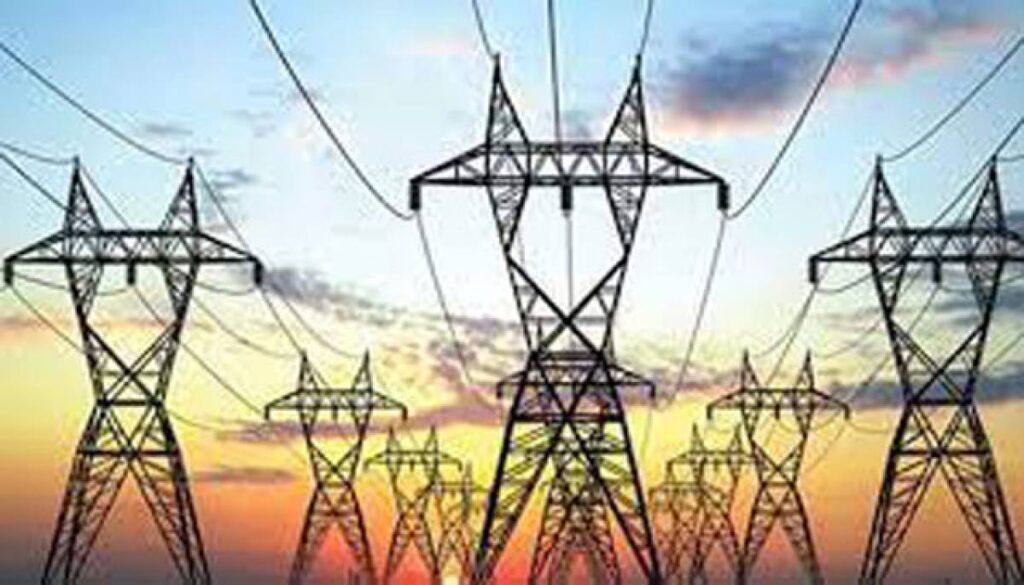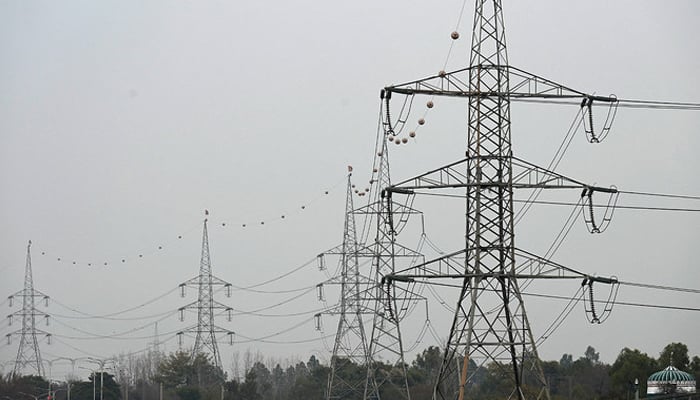ISLAMABAD: The federal caretaker govt cabinet has approved the transfer of control of XWDISCOs to provincial governments. This move is considered crucial for addressing losses in the energy sector and combating widespread power theft.
The federal caretaker government is in the process of finalizing a framework for operational, financial, and structural policy matters concerning ex-Wapda distribution companies (XWDISCOs) in order to enhance their performance.
In a recent meeting chaired by Caretaker Prime Minister Anwaarul Haq Kakar, the decision was made. Now, the policy draft will be submitted to the Council of Common Interests (CCI) for final approval. Subsequently, the process to transfer 10 XWDISCOs with assets and financial autonomy to their respective provinces will commence.
The federal government will retain control over electricity generation and transmission systems, while provincial authorities will assume jurisdiction over the XWDISCOs after the transfer. This shift in ownership empowers provinces to determine electricity tariff subsidies and implement strategies to combat theft and manage load-shedding schedules. The government’s decision to abolish previously applied nationwide uniform power tariffs has also been made.
A senior official from the Energy Ministry said, “The PDM [Pakistan Democratic Movement] government, led by Shehbaz Sharif, had formulated this policy during its last days, and now the caretaker government is taking it up for approval.”
The proposed changes involve the transfer of control for different distribution companies to their respective provinces. As an example, Khyber-Pakhtunkhwa will take over Peshawar Electric Supply Company (PESCO) and Tribal Areas Electric Supply Company (TESCO), while the Islamabad government will assume control of IESCO. The completion process is likely within 2-3 years.

four DISCOs under the control of the Punjab
Four DISCOs – Lahore Electric Supply Company (LESCO), Gujranwala Electric Power Company (GEPCO), Faisalabad Electric Supply Company (FESCO), and Multan Electric Supply Company (MEPCO) – will come under the control of Punjab. Meanwhile, Sindh will assume authority over Hyderabad Electric Supply Company (HESCO) and Sukkur Electric Supply Company (SEPCO), and the jurisdiction of the Quetta Electric Supply Company (QESCO) will be under the Balochistan government.
The proposed policy recognizes the distribution segment’s significance in the electricity sector’s interaction with consumers. The policy aims to address the sector’s challenges and improve the performance of XWDISCOs. The draft policy emphasizes operational, financial, and structural measures.
policy framework for the electricity
The policy framework for the electricity sector will be determined at the CCI forum. An agreement between the central and provincial governments will facilitate the transition of control and outline the plan for the transfer.
Provincial governments will be responsible for implementing measures tailored to their jurisdiction, including addressing local challenges and enhancing revenue collection, infrastructure development, and consumer service. They will work closely with federal authorities, regulatory bodies, and other stakeholders to ensure effective coordination.
The success of provincial governments in managing DISCOs will depend on their capacity to execute responsibilities effectively, allocate resources, and establish transparent and accountable governance mechanisms.
The policy also highlights the history of unbundling WAPDA and the aim to privatize XWDISCOs. However, past attempts to sell unbundled entities were unsuccessful, leading to the current proposal to transfer XWDISCOs to provincial governments.
Notably, XWDISCOs faced substantial annual losses of Rs300 billion in the fiscal year 2022-23, placing a burden on the federal government.
High transmission and distribution losses, along with power theft and inadequate bill recovery, have contributed to Pakistan’s circular debt crisis. The fiscal year 2021-22 saw the national exchequer incurring substantial losses due to transmission and distribution inefficiencies.
The circular debt escalation in Pakistan can be attributed to a shortfall of approximately Rs170 billion, despite the collection of Rs2,517 billion against a billed amount of Rs2,686 billion.QESCO, SEPCO, and HESCO were the chief contributors to this financial setback.


